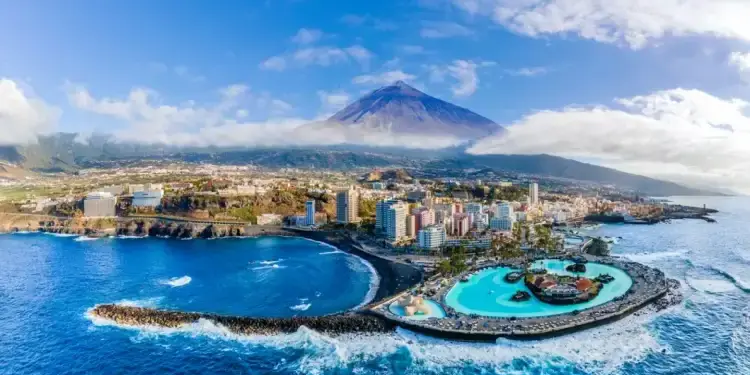The Canaries archipelago is found at the Center for increasing geopolitical tensions following a concession granted by Morocco to the Israeli company Newmed Energy. This authorization to explore hydrocarbons off the coast of Western Sahara, in the immediate vicinity of the Spanish archipelago, caused a strong local challenge.
The Cabillo de Gran Canaria adopted in March 2025 a motion categorically rejecting this operation which he described as “contrary to international legality”. The Canary Authorities recall that Western Sahara remains a territory awaiting decolonization under the aegis of the United Nations, making the exploitation of its resources by problematic Morocco with regard to international law.
The president of the Cabillo de Fuerteventura, Lola García, underlined the environmental dangers of this oil exploitation planned just 215 kilometers from the coast, threatening a marine ecosystem already weakened by climate change.
This situation is part of a complex international context. The United States has shown its support for the Moroccan autonomy plan for Western Sahara, while the Spanish Minister for Foreign Affairs José Manuel Albares defended the Moroccan position as “the most serious and credible base” to resolve the conflict.
Beyond hydrocarbons, the seabed around the Canaries, rich in rare land and strategic metals, stir up international lusts, especially those of the United States engaged in global competition with China for these critical resources.
The Canary Authorities denounce their exclusion from strategic discussions concerning maritime limits and natural resources management. They call on Spain and the European Union to a firm response to defend international law, protect the marine environment of the islands and guarantee that the archipelago is no longer relegated to the rank of simple spectator in the face of this geopolitical remodeling which threatens its future.








